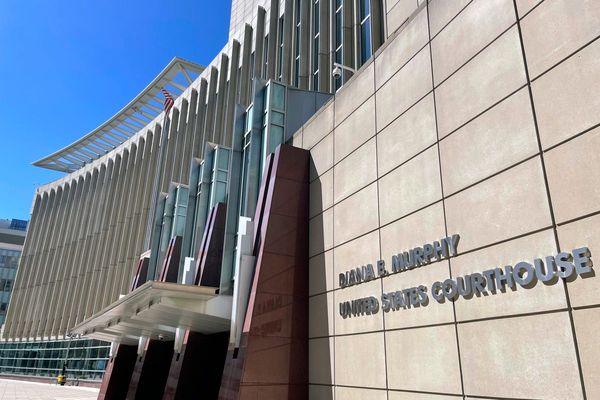
The U.S. Supreme Court has recently raised significant concerns regarding the broad scope of state laws that aim to restrict how large social media companies moderate user content. This case is pivotal in the realm of digital free speech and carries implications that extend into both the political and business spheres.
Specifically, laws in states such as Florida and Texas have been under scrutiny for their potential impact on the ability of major social media platforms like Facebook, X, and YouTube to determine the content they choose to publish from third-party sources. These laws would impose limitations on the discretion of these companies in deciding what material is suitable for their platforms.
One of the key issues at the heart of this debate is the accusation by some lawmakers that the moderation efforts of these social media giants amount to censorship, particularly targeting conservative viewpoints. This allegation has sparked a broader conversation about the role of these platforms in shaping public discourse and the extent to which they should be allowed to regulate content.



The Supreme Court's involvement in this matter underscores the significance of the case and the potential ramifications it may have on the future of online speech regulation. As the highest judicial body in the country, the Court's stance on this issue could set a precedent that shapes the legal landscape for social media companies and their content moderation practices.
With the intersection of technology, politics, and free speech rights at the forefront of this case, it is clear that the outcome will have far-reaching consequences. The ongoing debate surrounding the balance between protecting online discourse and preventing harmful content will continue to evolve as this legal battle unfolds.







